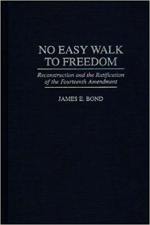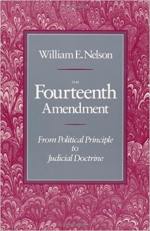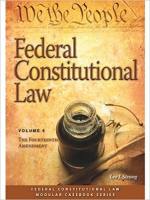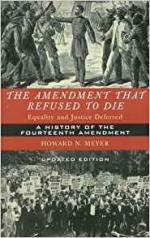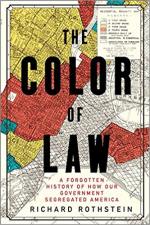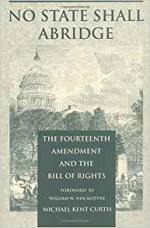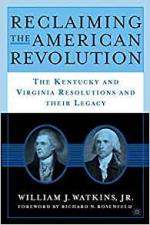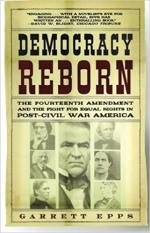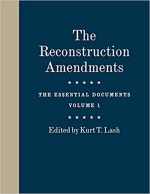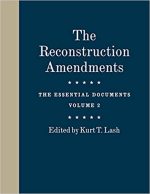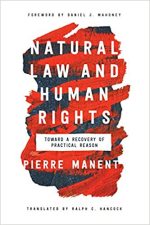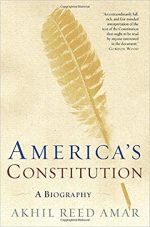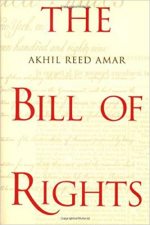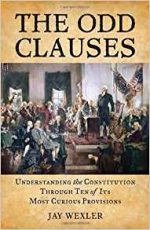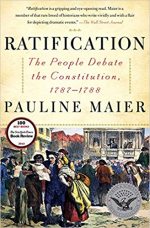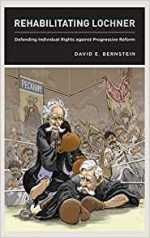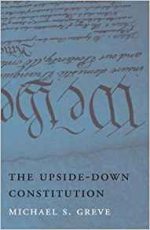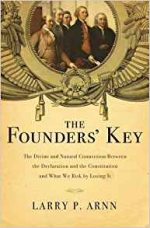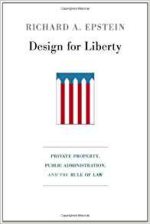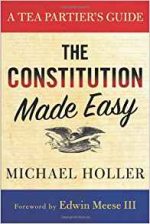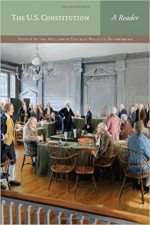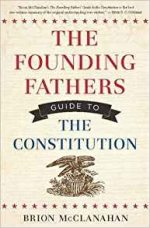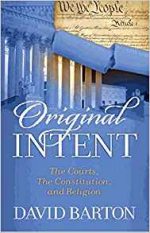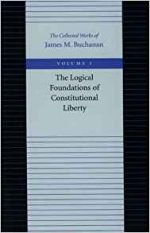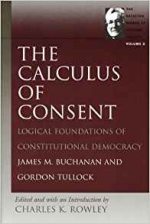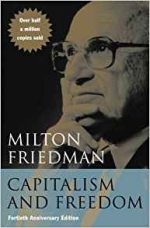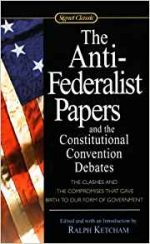The Constitution of the United States: Amendment 14 (14th Amendment)
Amendment XIV. (Citizenship Rights, Privileges or Immunities, Due Process, Equal Protection, Apportionment of Representatives, Civil War Disqualification and Debt)
Passed by Congress June 13, 1866. Ratified July 9, 1868.
Note: Article I, section 2, of the Constitution was modified by section 2 of the 14th amendment.
Section 1.
All persons born or naturalized in the United States, and subject to the jurisdiction thereof, are citizens of the United States and of the State wherein they reside. No State shall make or enforce any law which shall abridge the privileges or immunities of citizens of the United States; nor shall any State deprive any person of life, liberty, or property, without due process of law; nor deny to any person within its jurisdiction the equal protection of the laws.
Constitutional protections apply to “persons” not just “citizens”
Section 2.
Representatives shall be apportioned among the several States according to their respective numbers, counting the whole number of persons in each State, excluding Indians not taxed. But when the right to vote at any election for the choice of electors for President and Vice-President of the United States, Representatives in Congress, the Executive and Judicial officers of a State, or the members of the Legislature thereof, is denied to any of the male inhabitants of such State, being [twenty-one years of age] *, and citizens of the United States, or in any way abridged, except for participation in rebellion, or other crime, the basis of representation therein shall be reduced in the proportion which the number of such male citizens shall bear to the whole number of male citizens twenty-one years of age in such State.
Section 3.
No person shall be a Senator or Representative in Congress, or elector of President and Vice-President, or hold any office, civil or military, under the United States, or under any State, who, having previously taken an oath, as a member of Congress, or as an officer of the United States, or as a member of any State legislature, or as an executive or judicial officer of any State, to support the Constitution of the United States, shall have engaged in insurrection or rebellion against the same, or given aid or comfort to the enemies thereof. But Congress may by a vote of two-thirds of each House, remove such disability.
Section 4.
The validity of the public debt of the United States, authorized by law, including debts incurred for payment of pensions and bounties for services in suppressing insurrection or rebellion, shall not be questioned. But neither the United States nor any State shall assume or pay any debt or obligation incurred in aid of insurrection or rebellion against the United States, or any claim for the loss or emancipation of any slave; but all such debts, obligations and claims shall be held illegal and void.
Section 5.
The Congress shall have the power to enforce, by appropriate legislation, the provisions of this article.
* Changed by section 1 of the 26th amendment.
The 14th Amendment of the U.S. Constitution: A History
The Ninth Circuit’s rejection of Angel’s constitutional claim [Angel Raich in Gonzales v. Raich, 545 U.S. 1, 5 (2005)] shines a spotlight on a serious problem with the Supreme Court’s current approach to protecting liberty under the Due Process Clauses of the Fifth and Fourteenth Amendments. Ever since the New Deal, the Supreme Court has limited the protection afforded by the Due Process Clauses to what it calls “fundamental rights.” Unless the Court characterizes the liberty as “fundamental,” it will not evaluate or “scrutinize” the government’s claim that its restrictions on the liberty are truly necessary. With laws restricting mere “liberty interests” not deemed fundamental, the Court will blindly accept the government’s claim that its restriction is “reasonable.”
In short, a claimant challenging a statute needs a ticket into “Scrutiny Land” where the government must justify its restrictions on liberty. To get that ticket, a claimant must jump through the hoop of showing her liberty is fundamental. Otherwise, she automatically loses.
“Scrutiny Land,” by Randy E. Barnett, 106 Mich. L. Rev. 1479-1500 (2008) (23-page PDF![]() )
)
More
- The Constitution of the United States: Amendments 11-27, from The National Archives
- Fourteenth Amendment – CRS Annotated Constitution
- Fourteenth Amendment – Wikipedia
- Fourteenth Amendment – Findlaw
- The Constitution of the United States: A Transcription – The National Archives
- United States Constitution: Texts, Commentaries, Historical Texts and Judicial Decisions – Law Library of Congress
- The Constitution of the United States of America: Analysis and Interpretation – FDsys
- Constitution of the United States of America: Analysis and Interpretation, Govinfo.gov
- The 14th Amendment Equality Requirement Does Not Apply to the Federal Government
- Privileges or Immunities Clause – Wikipedia
- “Federalism and the Constitution: Limits on Congressional Power,” CRS Report RL30315 (31-page PDF
 )
) - “Ratification of Amendments to the U.S. Constitution,” CRS Report 97-922 (7-page PDF
 )
) - “Size of the U.S. House of Representatives,” CRS Insight IN11547 (5-page PDF
 )
)
14th Amendment: Cases in Controversy
- “7 stages of the office seeker“
- Congress – Congressional Glossary
- Apportionment – Congressional Glossary
- Reapportionment – Congressional Glossary
- “Equal Rights Amendment (Proposed),” CRS Report IB74122 (21-page PDF
 )
) - “Expedited Citizenship Through Military Service: Policy and Issues,” CRS Report RL31884 (40-page PDF
 )
) - “Federal Civil Rights Statutes: A Primer,” CRS Report RS22251 (8-page PDF
 )
) - “Congress’ Power to Legislate Control Over Hate Crimes,” CRS Report RS22335 (7-page PDF
 )
) - “The Insurrection Bar to Office: Section 3 of the Fourteenth Amendment,” CRS Legal Sidebar LSB10569 (8-page PDF
 )
) - “The Insurrection Bar to Holding Office: Appeals Court Issues Decision on Section 3 of the Fourteenth Amendment,” CRS Legal Sidebar LSB10750 (7-page PDF
 )
) - “Apportionment and Redistricting Process for the U.S. House of Representatives,” CRS Report R45951 (36-page PDF
 )
)
Economic Vs. Civil Liberties – Learn Liberty
- “Substantive Due Process and a Right to Clone,” CRS Report RL31422 (14-page PDF
 )
) - Meta-EE and the Constitution Part 10: Thirteenth and Fourteenth Amendments
- Citizenship – Heritage Guide to the Constitution
- State Action – Heritage Guide to the Constitution
- Privileges or Immunities – Heritage Guide to the Constitution
Thomas Woods: Fourteenth Amendment
- Due Process Clause – Heritage Guide to the Constitution
- Equal Protection – Heritage Guide to the Constitution
- Apportionment of Representatives – Heritage Guide to the Constitution
- Disqualification for Rebellion – Heritage Guide to the Constitution
- Debts Incurred During Rebellion – Heritage Guide to the Constitution
- Enforcement Clause – Heritage Guide to the Constitution
- “Apportionment and Redistricting Following the 2020 Census,” CRS Insight IN11360 (6-page PDF
 )
) - “The Reconstruction Amendments: Essential Documents, a Follow-up to The Founders’ Constitution,” by Kurt Lash, Reason, April 19, 2021
Religion, Early America and the 14th Amendment

A free download of our Pocket Constitution is available on Scribd.
Our Pocket Constitution: details on our web site.
The 14th Amendment and the Debt Ceiling Explained
|
No Easy Walk to Freedom: Reconstruction and the Ratification of the Fourteenth Amendment |
The Fourteenth Amendment: From Political Principle to Judicial Doctrine |
The 14th Amendment and the Incorporation Doctrine |
Federal Constitutional Law: The Fourteenth Amendment (Volume 5) |
|
Freedmen, the Fourteenth Amendment, and the Right to Bear Arms, 1866-1876 |
The Amendment that Refused to Die: Equality and Justice Deferred: The History of the Fourteenth Amendment |
The Color of Law: A Forgotten History of How Our Government Segregated America |
No State Shall Abridge: The Fourteenth Amendment and the Bill of Rights |
|
The New Jim Crow: Mass Incarceration in the Age of Colorblindness |
Reclaiming the American Revolution: The Kentucky and Virgina Resolutions and their Legacy |
James Madison and the Making of America |
Democracy Reborn: The Fourteenth Amendment and the Fight for Equal Rights in Post-Civil War America |
|
America’s Unwritten Constitution: The Precedents and Principles We Live By |
America’s Constitution: A Biography |
What America Was Really Like In 1776 |
The Bill of Rights: Creation and Reconstruction |
|
The Odd Clauses: Understanding the Constitution Through Ten of Its Most Curious Provisions |
Living Originalism |
Ratification: The People Debate the Constitution, 1787-1788 |
Rehabilitating Lochner: Defending Individual Rights against Progressive Reform |
|
The Upside-Down Constitution |
The Founders’ Key: The Divine and Natural Connection Between the Declaration and the Constitution and What We Risk by Losing It |
Design for Liberty: Private Property, Public Administration, and the Rule of Law |
The Ideological Origins of the American Revolution |
|
The Radicalism of the American Revolution |
The Creation of the American Republic, 1776-1787 |
The Essential Federalist and Anti-Federalist Papers |
The Constitution Made Easy: A Tea Partier’s Guide |
|
The U.S. Constitution: A Reader |
The Founding Fathers Guide to the Constitution |
Original Intent: The Courts, the Constitution, & Religion |
Logical Foundations of Constitutional Liberty |
|
The Calculus of Consent |
Capitalism and Freedom |
The Road to Serfdom |
The Anti-Federalist Papers And The Constitutional Convention Debates |
For more than 40 years, TheCapitol.Net and its predecessor, Congressional Quarterly Executive Conferences, have been teaching professionals from government, military, business, and NGOs about the dynamics and operations of the legislative and executive branches and how to work with them.
Our custom on-site and online training, publications, and audio courses include congressional operations, legislative and budget process, communication and advocacy, media and public relations, testifying before Congress, research skills, legislative drafting, critical thinking and writing, and more.
TheCapitol.Net is on the GSA Schedule, MAS, for custom on-site and online training. GSA Contract GS02F0192X
TheCapitol.Net is now owned by the Sunwater Institute.
Teaching how Washington and Congress work ™

